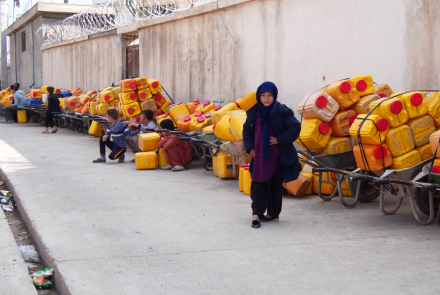Kabul could become the first modern city in the world to completely run out of water.
Citing a report by the Mercy Corps organization, the Guardian wrote that due to rapid urbanization and climate change, Kabul’s underground water levels have dropped by 30 meters over the past decade.
The report states that more than half of Kabul’s wells, which are major sources of water, have dried up.
Dayne Curry, Mercy Corps’ country director for Afghanistan, said: “There should be a committed effort to document this better and to draw international attention to the need to address the crisis.”
The organization has also reported that 80% of Kabul’s groundwater is not usable, and if the situation continues, all underground water could disappear by 2030.
“No water means people leave their communities, so for the international community to not address the water needs of Afghanistan will only result in more migration and more hardship for the Afghan people,” Curry added.
He said that short-term aid is not enough, and long-term investment is required, but political issues have hindered progress.
Kabul has a population of about 7 million people and consumes around 44 million cubic meters of water each year.
According to Afghanistan’s Ministry of Water and Energy, a project to transfer water from the Panjshir River to Kabul has been made and a budget has been allocated.
However, the Japan Times previously reported that the project would require a budget of $300 to $400 million.

